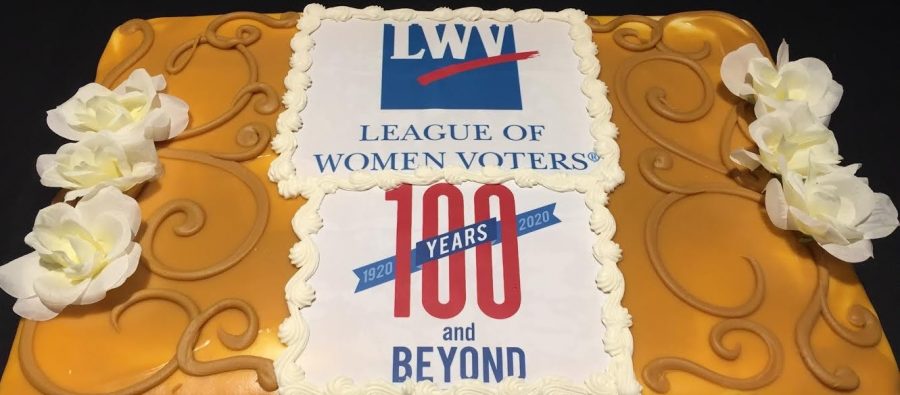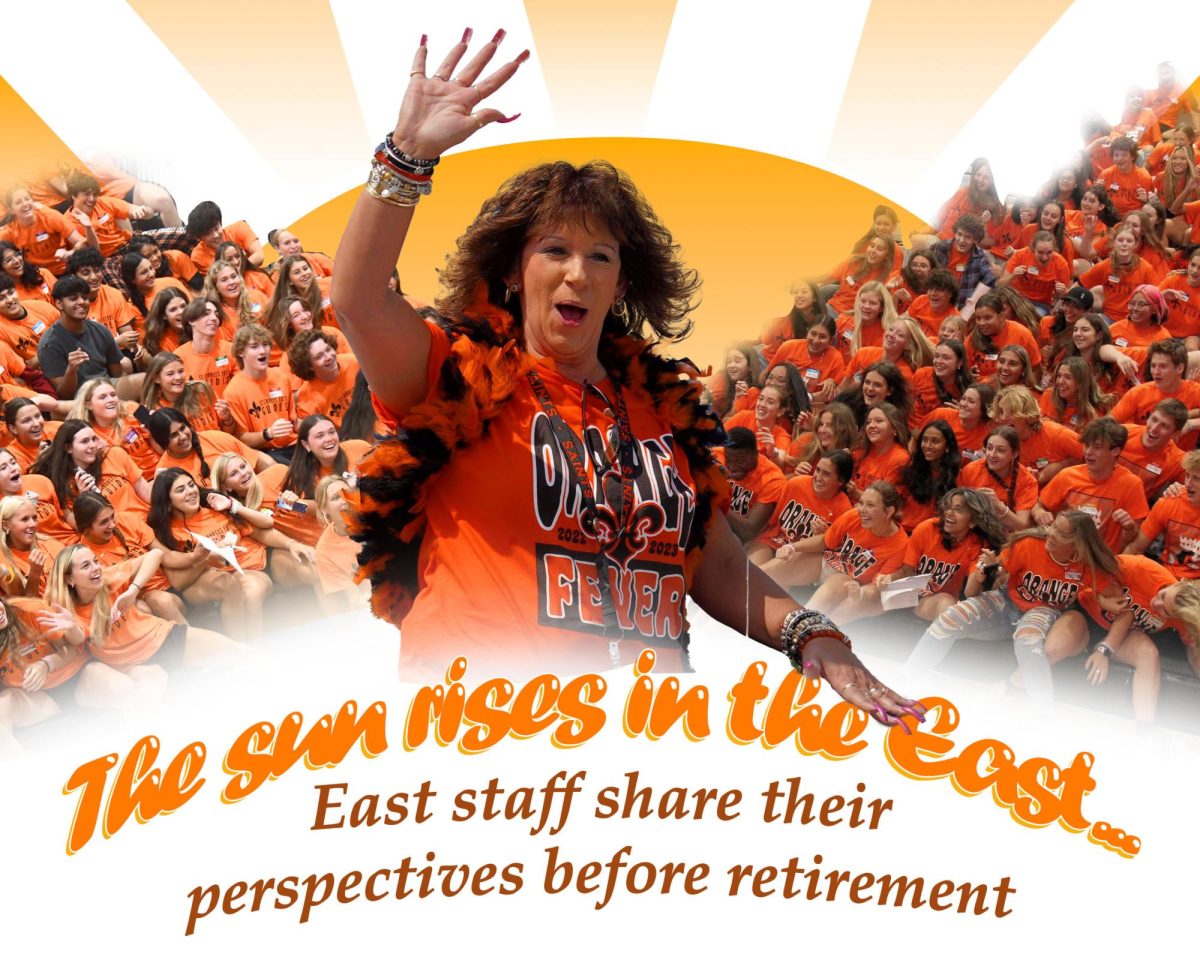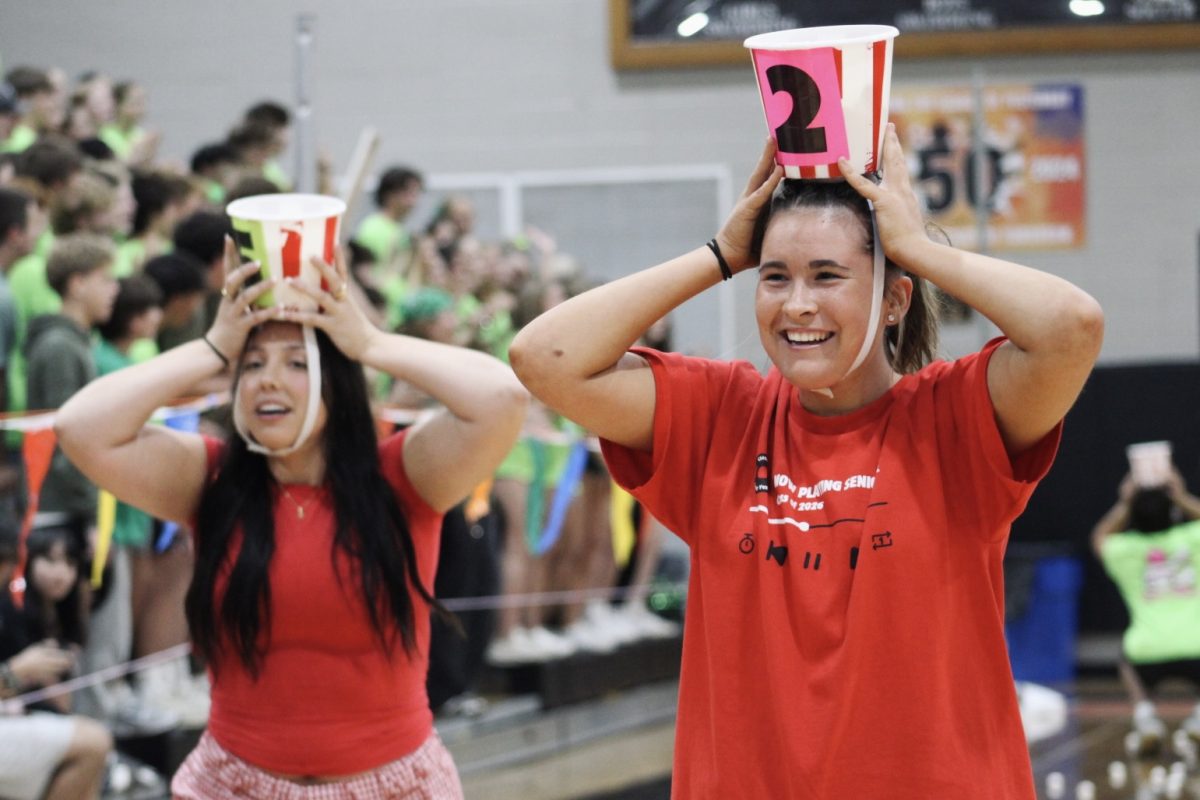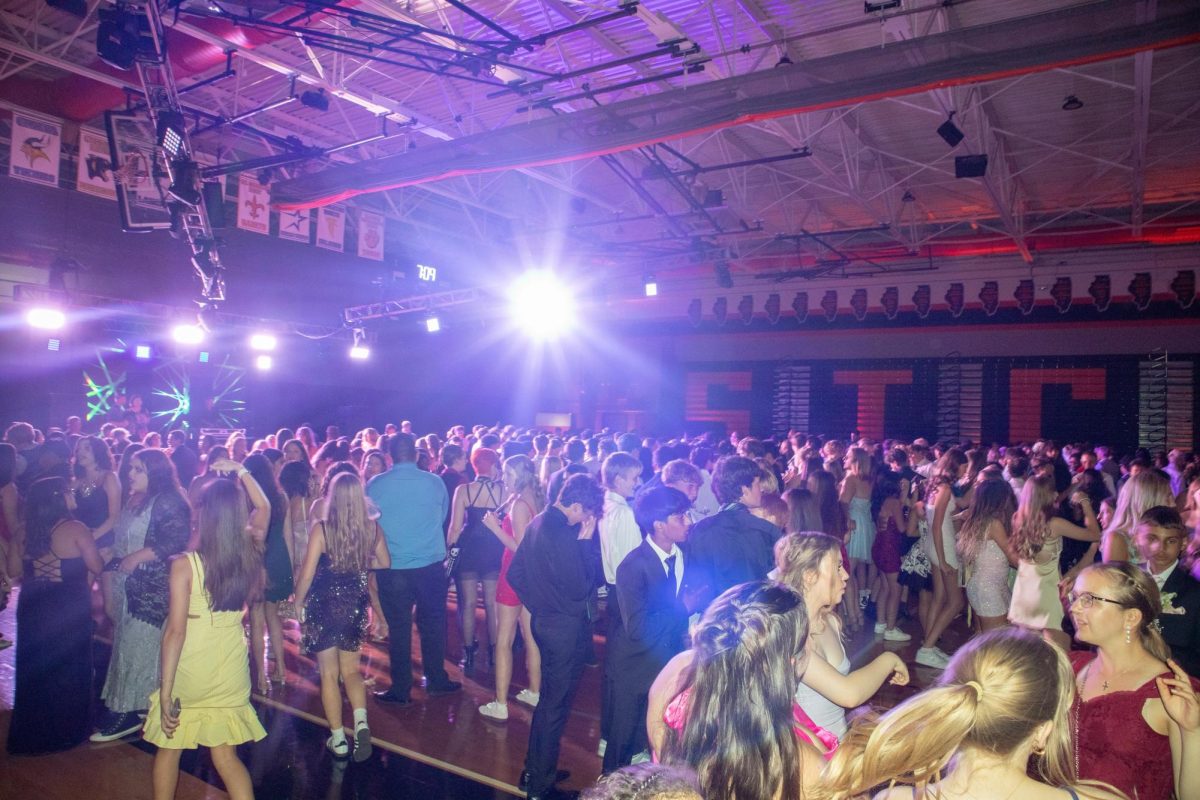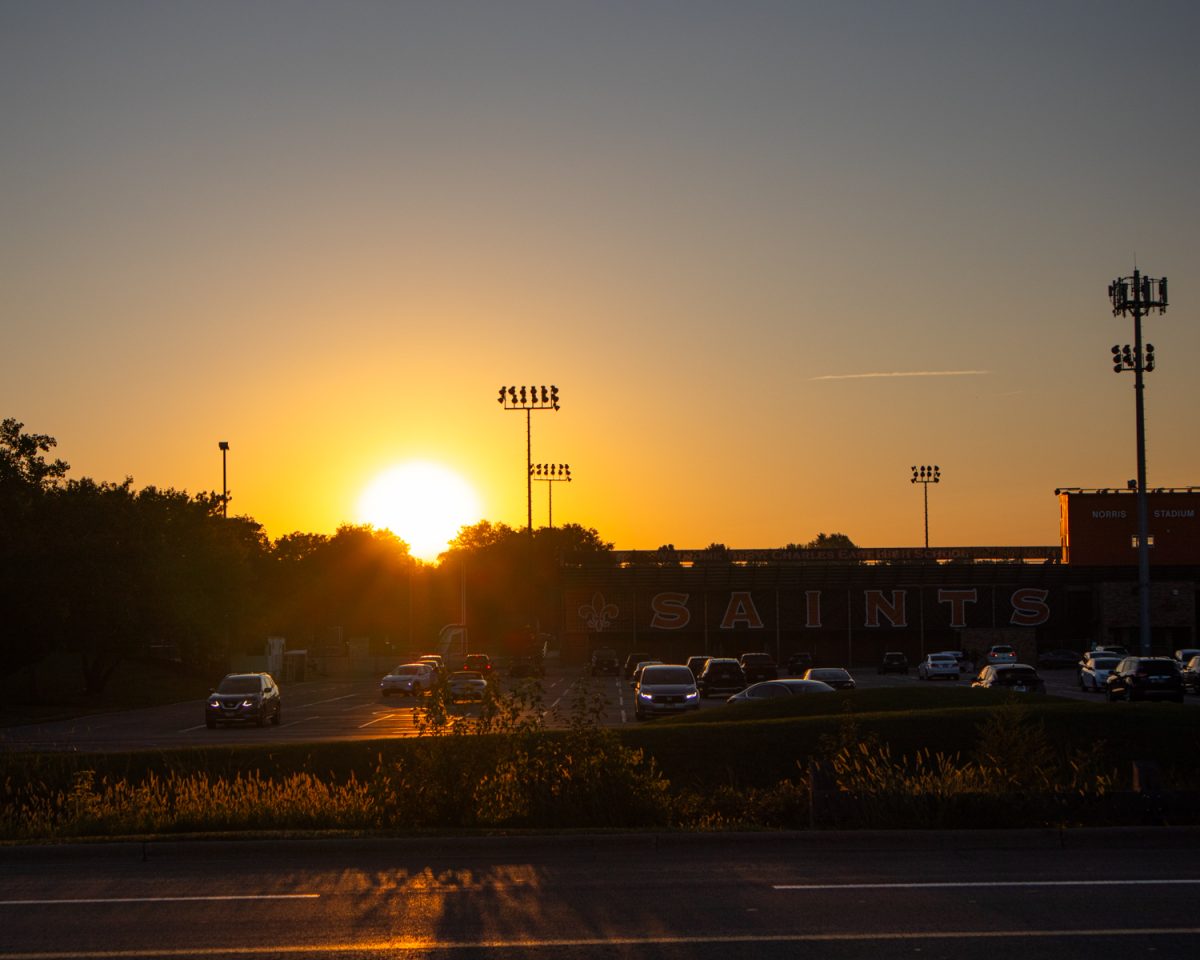It’s no secret that the 2020 presidential election is almost here. Elections are some of the most tumultuous, dramatic, and inspiring events in our nation. They bring up debates about the power of government, economics, and social issues — as well as scandals, constant political debates, and a bombardment of TV ads. But there is something else brought up in election years that represents the most valuable part of our democracy: voting, and its history. The right to vote is especially relevant this year, as 2020 marks the 100th anniversary of the passage of the 19th Amendment, which gave US women the right to vote.
The “suffragette” movement has its roots back in 1848, when one of the first women’s rights conventions took place in Seneca Falls, New York. This convention began a decades-long fight for voting rights by thousands of influential women. Different groups and individuals approached the movement in their own ways, including marches, speeches, and other events to inspire change. However, it was not until 1920 that their determination was recognized by the passing of the 19th amendment by the House of Representatives, granting women the right to vote.
The women’s suffrage movement in the U.S. is often grouped together in discussions with its contemporary historical events, like the end of World War I and rise of a new social climate. While it’s important to consider that context, taking such a broad view can obscure many small, but meaningful details. In particular, the impact of several local women on the national fight for suffrage.
Llona Steele is a member of the Kane County branch of the League of Women Voters, which was founded in February of 1920. Steel said that when the group formed, the 19th Amendment was still in the process of being approved for ratification.
She described the original purpose of the League as “to educate and advocate for women to be included in the democratic process.” However, in the 100 years since its creation, the goals of the League have evolved to work with democracy in the modern era.
Steele said that today “the League of Women Voters of the United States encourages informed and active participation in government, works to increase understanding of major public policy issues, and influences public policy through education and advocacy.”
The 100th anniversary of the 19th Amendment is doubly important for the League. It served as both the anniversary of women’s suffrage, and their founding. Steele said that the Kane County League joined other Illinois Leagues on February 14, 2020 to celebrate.
The League had other celebration plans that had to be postponed due to rising fear surrounding COVID-19. This included a National League Convention in Washington, D.C., and displays about the 19th Amendment in the local libraries, according to Steele. Both of these events took place virtually, and a virtual presentation regarding suffrage in Illinois has since been presented via Zoom to over half a dozen community groups.
Illinois was the site of one of the most active suffrage movements in the country during the early 20th century. According to a March 24 article published by the St. Charles History Museum called “100 Years After Suffrage: A Look Back at Some of the Women Who Shaped St. Charles,” there were many local women who were heavily involved in fighting for their suffrage. Through a variety of methods including marches, protests, and activism, ‘suffragettes’ were able to fight for and advance their right to vote.
One St. Charles woman in particular often goes unrecognized for her role in the fight for Illinois suffrage: Clara Jones Farson. The daughter of one of St. Charles’ first attorneys, she used her prominent social standing to become active in local issues and push for equal rights at the height of the suffrage movement. In 1916, for example, Farson organized and led a group of women from St. Charles to march in Chicago in support of equal voting rights for women. The march had the effect of bringing the issue of voting rights–something previously discussed mainly in the city–to the suburbs.
Another St. Charles woman who played a significant role in the suffrage movement was Lina Paschal. Paschal was one of the first owners and editors of the St. Charles Chronicle–now known as the Kane County Chronicle–and dramatically increased the publication’s circulation.
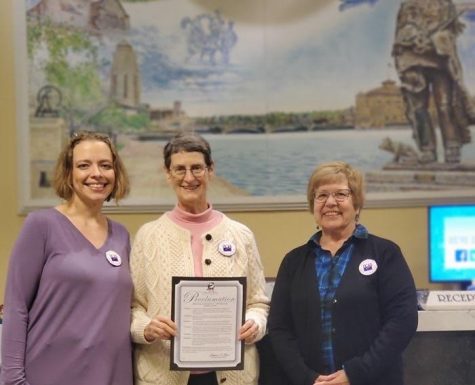
Writing in a column for the newspaper, she often discussed political issues facing the country. During the suffrage movement, she used that platform to encourage men, women, and their families to discuss voting rights and the electoral process.
The effects of these women’s actions reverberate even today. Thanks to them, many young women now can openly speak their mind on political issues–something that would have been unheard of in the past. Junior Emily Moehrlin is someone who is taking advantage of this relatively recent change.
Although she is too young to vote in the 2020 election, Moehrlin is passionate about politics and works to have her voice heard. “I use whatever platforms I have to share relevant and correct information, join local activist groups, protest when possible, and donate when I have the means,” she said.
In regards to the 100th anniversary of the 19th Amendment, Moehrlin believes that the fact the Amendment wasn’t ratified until 1920 “says a lot about how long it takes for our government to accept change.”
Moehrlin also believes that there has not been enough progress for women in politics in the century since 1920. “If women make up nearly 50% of the population and the government is meant to represent the people, shouldn’t 50% of government be made up of women?”
“If any group of people is underrepresented in government, it probably means that they as a whole are probably also underrepresented.”
The statistics seem to back that assertion up. According to the Pew Research Center, in 2019 women made up just 24% of all government legislatures, a proportion that reveals that they are starkly underrepresented in politics when compared to men.
2020 is the 100th anniversary of the 19th amendment, and women’s right to vote in the United States. Tennessee secured the amendment’s passing on August 18, 1920, by becoming the 36th state to ratify (which created the necessary two-thirds ratification). However, these voting rights cannot be taken for granted, according to Moehrlin.
The fight for suffrage was not an easy one. But the women in 1920 were successful. Steele hopes their success can be made worthwhile by turn-out in the 2020 election. She described how the League of Women Voters is currently involved in initiatives to “[hold] voter registration drives, candidates forums, community conversation about current issues” in order to make good on that goal.
The anniversary of the 19th Amendment is an important celebration of the success of thousands of hard-working women. But acknowledging the continued importance of voting, specifically for young people, is possibly the most important legacy of the 20th century suffragettes.
“If we want to see change, we are going to need to be the ones to cause it — and that means using our voices, and our votes, to stand up and fight for what we believe in,” Moehrlin said.


